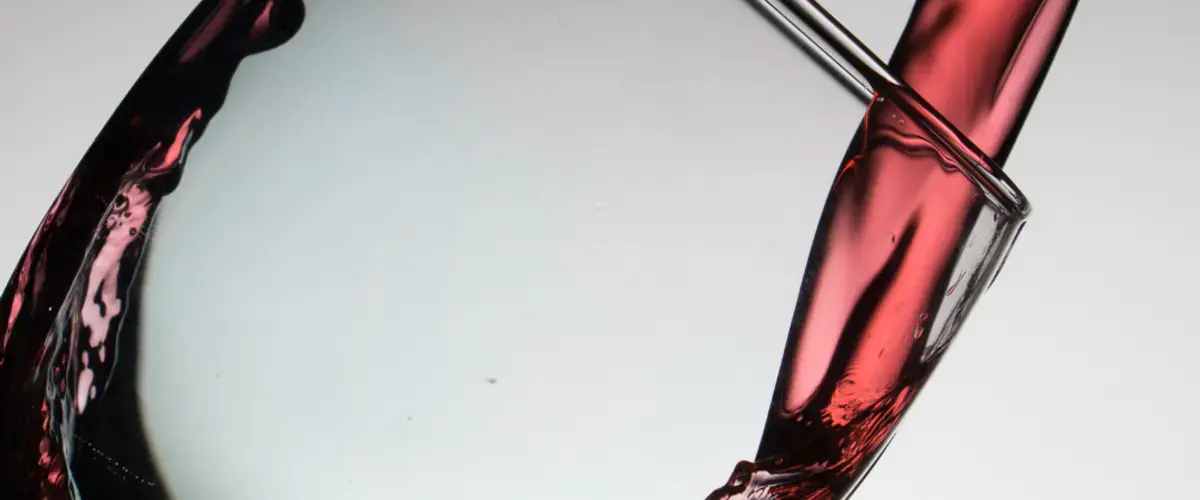In fact I’d love to tell you that drinking is absolutely fine and has no effect on your hormones at all but I'd be lying!
Alcohol isn't great for your hormones, especially in perimenopause when your hormones are fluctuating all the time! In perimenopause not only do our hormones go up and down but our livers and our gut are affected by them too. When we drink alcohol we need both of these to be at their best and unfortunately in perimenopause this just isn't the case!
Alcohol also has an impact on sleep, mood, weight, energy levels and brain function, many of which you may already be struggling with. As well as increasing your risk of more serious health conditions like breast cancer and high blood pressure.
Let’s take a closer look at how alcohol affects your body and some of the common peri symptoms.
SLEEP
Drinking can affect the quality of your deep sleep. You may find yourself waking at 3am, this is due to low blood sugar or may be dehydration. Both of these affect cortisol levels and are stressors on the body.
MOOD
Initially alcohol can improve mood but shortly afterwards we get a reduction in serotonin (the happy hormone) which can leave you feeling low and prone to depression.
SEX DRIVE
Whilst alcohol can remove inhibitions it can also lower testosterone which affects libido. When testosterone is low it can affect motivation and wellbeing which further affects libido.
STRESS
Many women love a drink to de-stress and wind down and whilst this may work initially it actually increases cortisol levels which can increase anxiety and leave you feeling strung out and overwhelmed.
WEIGHT
Alcohol is high in sugar which is bad news for your blood sugar levels. Fluctuating blood sugar levels cause low energy, carb cravings and mood swings. Alcohol lowers your metabolism and your fat burning hormone (testosterone) and increases your fat storage hormone insulin. Alcohol also lowers will power so trying to eat well and drink at the same time is harder.
LIVER
Your liver is already under strain in perimenopause due to all the excess hormones it needs to detoxify, so alcohol can take longer to be processed by the liver. This can lead to nausea, brain fog, headaches and tiredness AKA hangover! If your liver needs to detoxify excess alcohol it can’t detoxify your hormones as quickly as it should. This increases circulating oestrogen which can cause bloating, headaches, heavy periods and increased PMS.
GUT
Alcohol can reduce your absorption of nutrients by reducing the enzymes needed to digest food properly. It also damages the lining of the gut leading to inflammation. Too much inflammation can increase the risk of developing autoimmune diseases.
BONES
Alcohol can lead to bone loss as it stops osteoblasts (your bone building cells) from working properly. It also affects how your body absorbs calcium and Vitamin D, both crucial for good bone health.
How to consume alcohol as safely as possible
In reality not many women will cut alcohol out of their diet for good but you can certainly make it as safe as possible.
Here are my Top 10 Tips for enjoying alcohol as safely as you can:
- Stay hydrated - Don’t forget about water top up before, during and after drinking. This will help the liver and keep headaches at bay.
- Always eat when drinking, never drink on an empty stomach. Even if it's just a light snack - like a bowl of nuts or some kind of protein. This will help to minimise blood sugar spikes.
- Stick to the government recommended 14 units per week. Personally I recommend 10 units or less per week.
- Have at least 3 alcohol free days per week. This can be a great way to still enjoy alcohol without feeling like you're missing out.
- Invest in some small beautiful glasses that you enjoy drinking from. It means you can have a full glass of wine rather than half a large glass.
- Drink organic wine - it has no added sulfites or chemicals. This is better for your hormones and your liver and doesn't leave you with a headache the next day.
- Ask yourself if it is a habit or a want? If you are used to coming home from work and opening a bottle try a glass of sparkling water first, then after 10 minutes if you still want a drink go ahead.
- Keep your blood sugar balanced. Alcohol cravings can often occur when blood sugar is low - eat three protein rich meals per day and limit snacking.
- Support your liver - eat plenty of cruciferous vegetables like broccoli, kale, cabbage, brussel sprouts, rocket and watercress. These help your liver to detoxify oestrogen.
- If you suffer from poor quality sleep, be mindful of night time drinking - stick to one glass with meals.
If you are struggling with any aspects of perimenopause or would like to make a positive change and start living the midlife you deserve, get in touch here..
